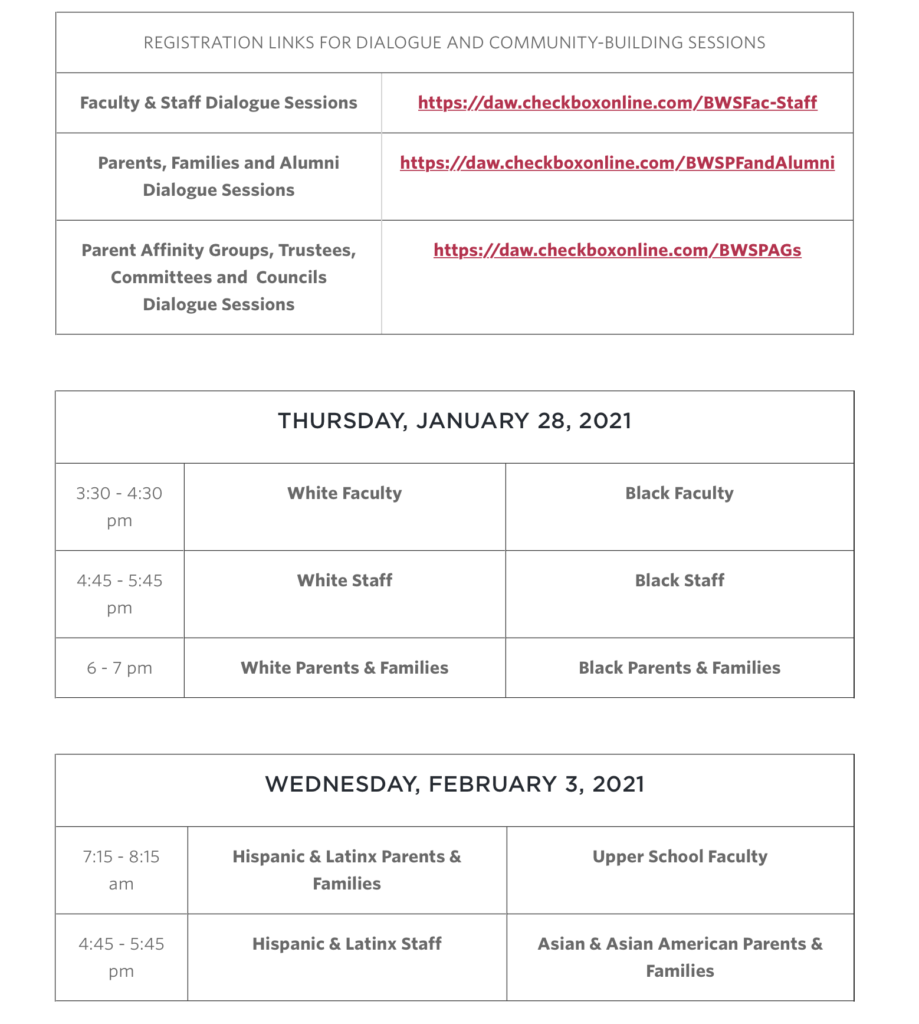Are you tired of hearing about the bullying, divisiveness and unvarnished bigotry pushed by many players in the diversity, equity, and inclusion industry? Players like Robin DiAngelo and Ibram X. Kendi, who freely misrepresent the facts and statistics and hide behind abstruse terminology?
Are you frustrated that many so-called programs in the booming diversity industry completely fill the time of their sessions with preaching and refuse to leave any time for questions and criticisms from the audience? That is what I’ve noticed about two recent mandated continuing education diversity programs I attended (now required for all lawyers in Missouri).
I’m not claiming that all diversity programs are deficient. I don’t know enough about all diversity programs. Based on many programs about which I am familiar, however (including programs like this), this is an industry that needs to be vigorously investigated for its numerous lapses in integrity. No doubt we live in a country that includes racists, but the extent to which these increasingly popular “diversity” programs solve the problem (rather than making things worse) is a troubling question.
Are you dismayed that today’s social justice warriors and critical race theorists have abandoned and ridiculed Martin Luther King’s dream for a color blind society? So am I, and many “diversity” programs also ridicule MLK’s dream. I’ve learned of several programs that explicitly segregate the participants by skin color. Here is a recent instance, the Brentwood School in Los Angeles:
And especially if you have had your fill of the types of “diversity” programs exposed by Christopher Rufo, you’ll find this article in The Atlantic to be a breath of fresh air: “Can Chloé Valdary Sell Skeptics on DEI? Valdary’s Theory of Enchantment elicits unusual openness, trust, and engagement from ideologically diverse observers.” Here is an excerpt:
Chloé Valdary is the founder of Theory of Enchantment, a diversity and resilience training company that the 27-year-old African American entrepreneur runs from Downtown Brooklyn. Its website lists clients including TikTok, WeWork, the Federal Aviation Administration, and Greenwich High School, and asks potential customers a loaded question: “Looking for an antiracism program that actually fights bigotry instead of spreading it?” . . .
Three principles guide all of the coursework [Chloé Valdary’s] company offers:
-
- Treat people like human beings, not political abstractions.
- Criticize to uplift and empower, never to tear down, never to destroy.
- Root everything you do in love and compassion.



Chloe Valdary, writing in the Boston Globe:
. . .